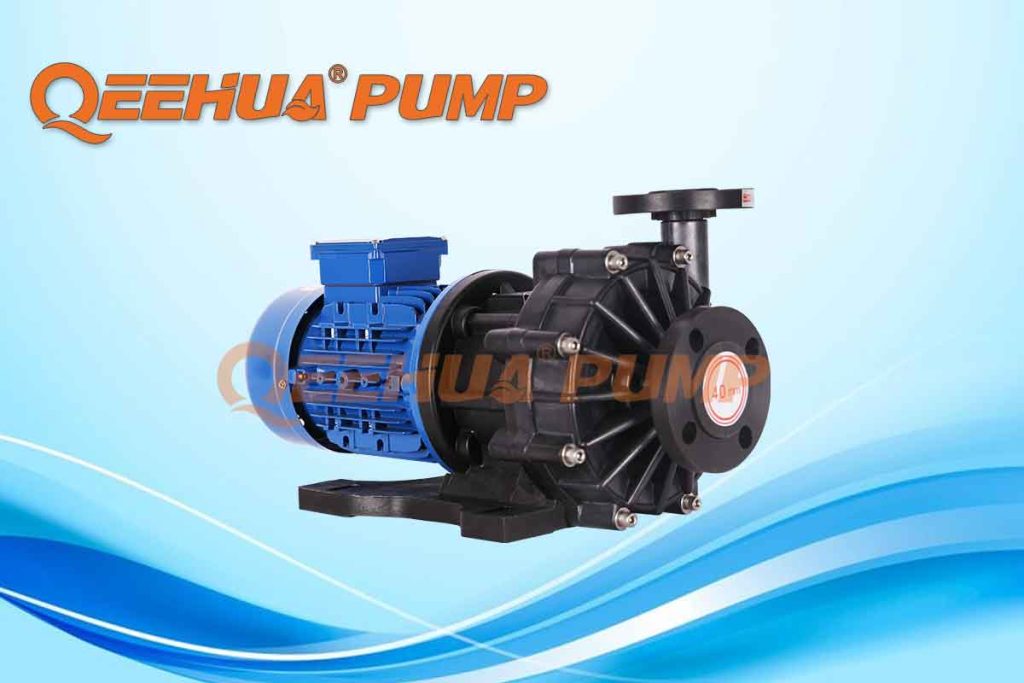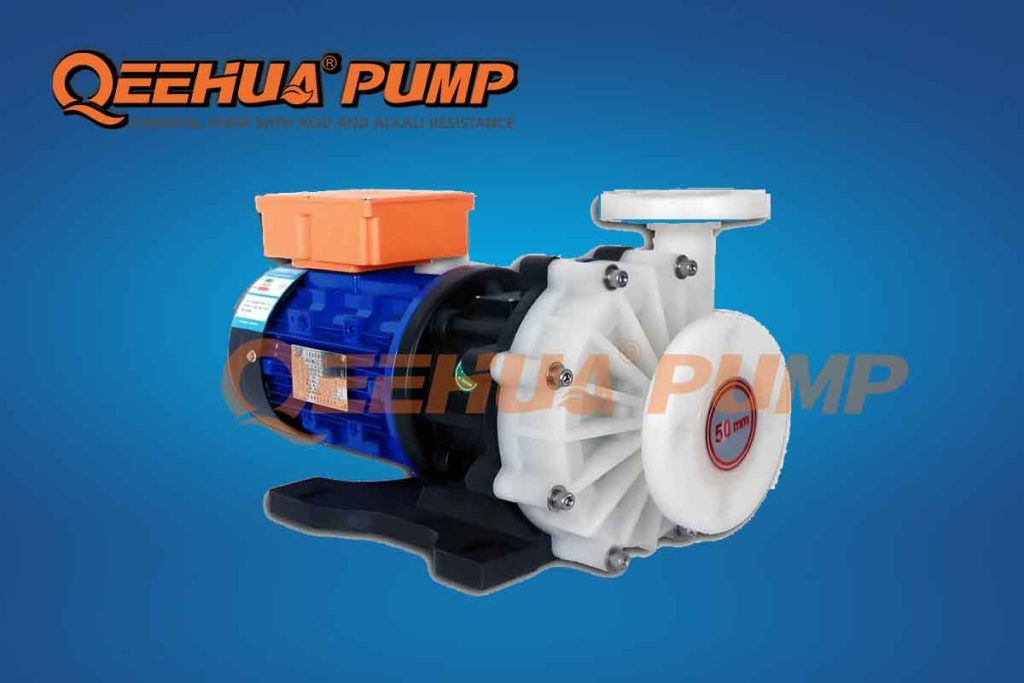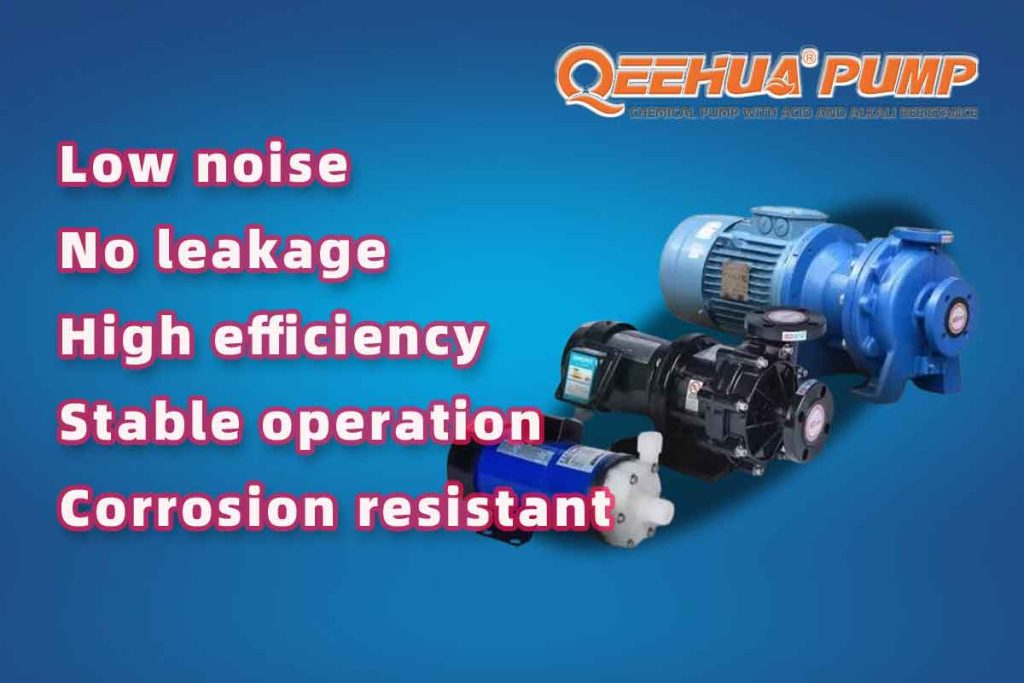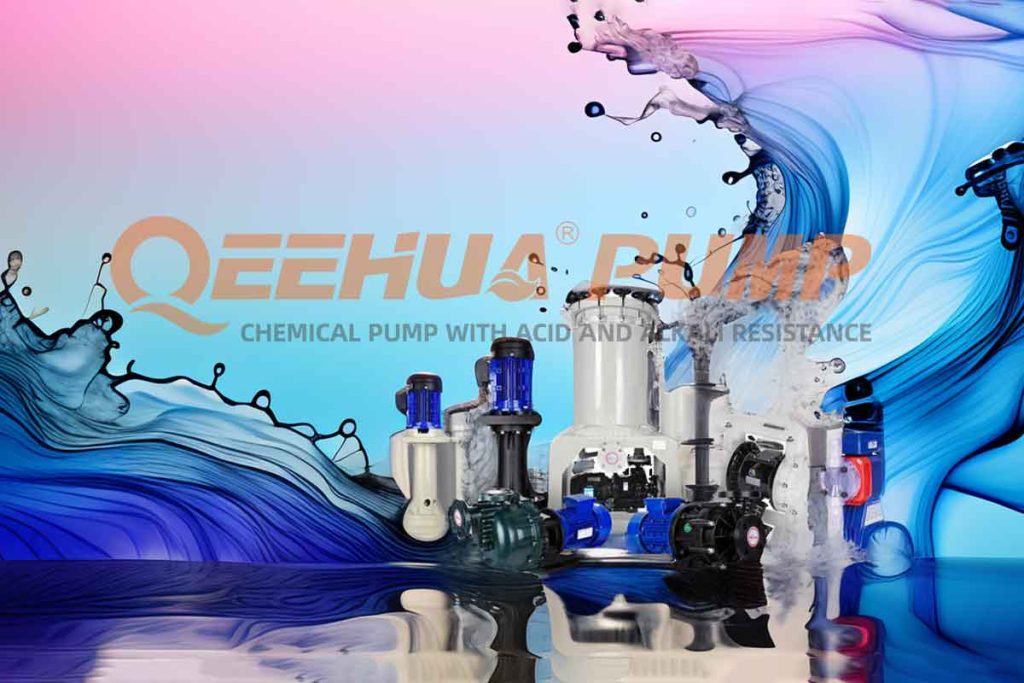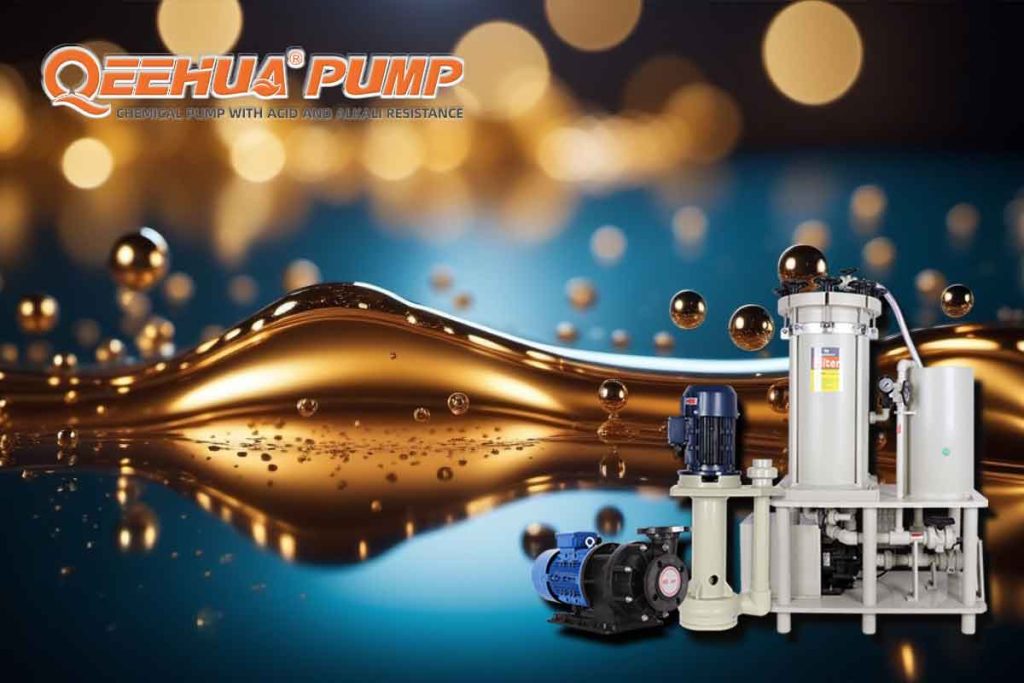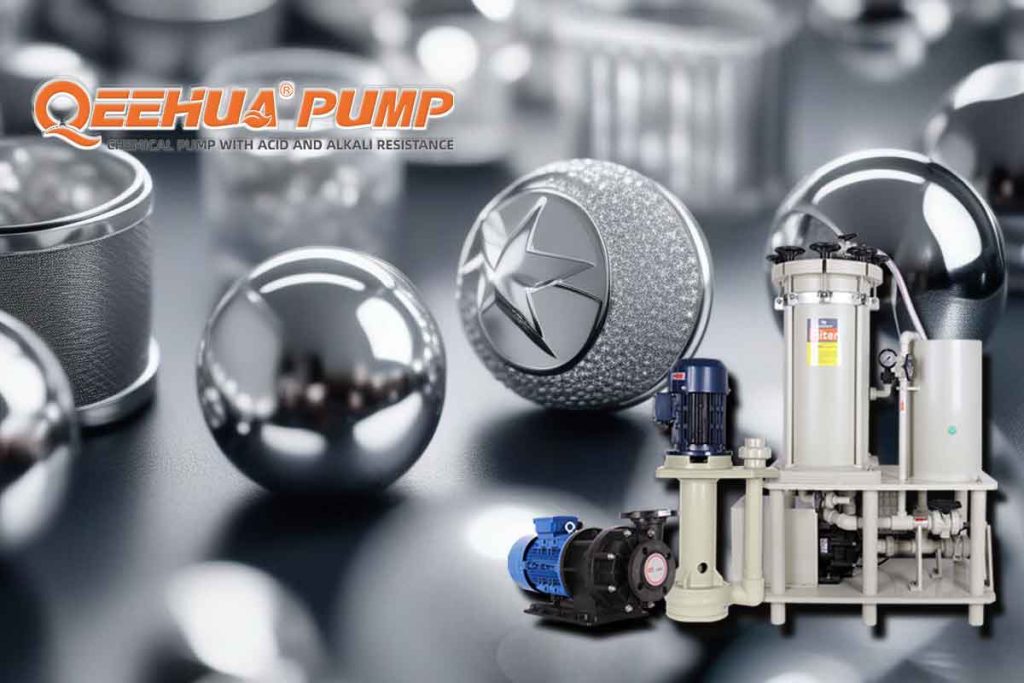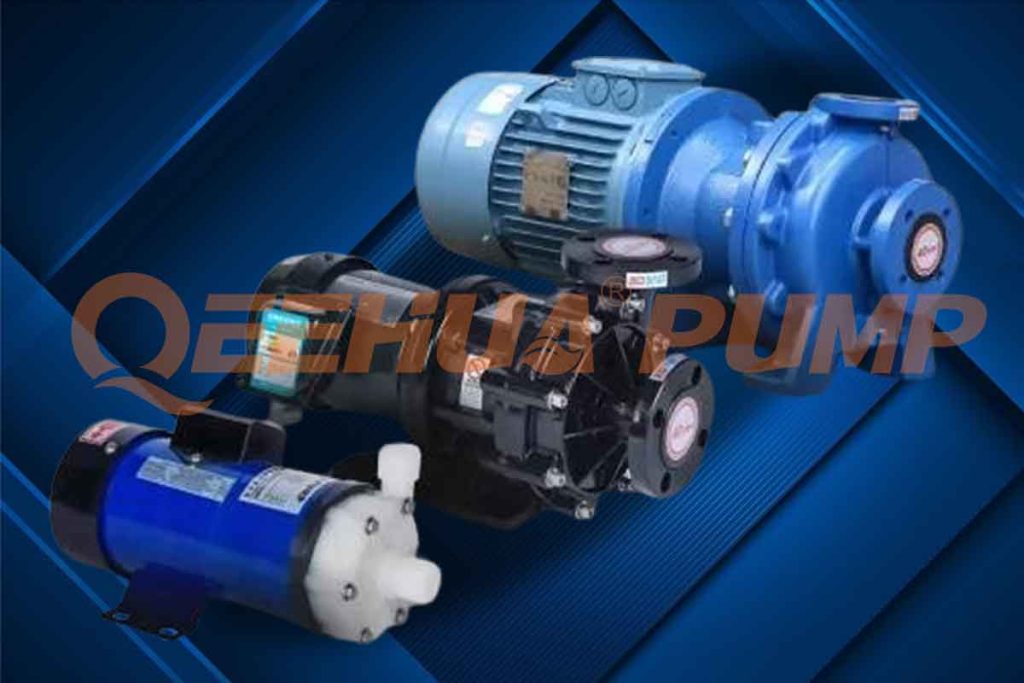Chemical pumps are indispensable equipment in multiple industries, playing a crucial role in the safe and efficient movement of corrosive and hazardous materials. These specialized pumps are designed to withstand harsh chemical environments, including sectors such as chemical, petroleum, metallurgy, power generation, and environmental protection, with safety being a top concern. This article will explore key aspects of chemical pumps, including types, applications, and the advantages they offer to industrial processes.
Choosing the Right Chemical Pump
The first step in selecting a chemical pump is determining the type that is most suitable for a specific application. Chemical pumps come in various designs, each suited for handling different corrosive and abrasive substances. Factors to consider include:
1. Materials
The choice of materials for chemical pumps is crucial as it directly impacts their effectiveness in handling various types of fluids. Different materials exhibit varying levels of resistance:
- Plastics and Thermoplastics: These materials, including polypropylene and polytetrafluoroethylene (PTFE), are cost-effective and perform well in resisting acids and various chemicals.
- Stainless Steel Alloys: Stainless steel pumps offer high resistance to chemical corrosion and rust, typically having higher pressure ratings compared to most plastics.
2. Types of Chemical Pumps
Chemical pumps can be categorized based on their drive mechanisms, structural features, and application areas:
– Centrifugal Pumps
Centrifugal pumps are the most common type of chemical pump and are suitable for transporting low-viscosity, particle-free liquids.
– Diaphragm Pumps
Diaphragm pumps are positive displacement pumps that use flexible diaphragms to convey fluids. They operate by moving the diaphragm back and forth, creating a vacuum to draw in the fluid and then pushing it out. Diaphragm pumps are suitable for pumping fluids with high solids content or applications requiring gentle pumping.
– Magnetic Drive Pumps
Magnetic drive pumps, also known as sealless pumps, use a coaxial magnetic coupling to transmit torque to the impeller. They operate by generating a magnetic field to drive the impeller, thereby conveying fluids. Magnetic drive pumps are ideal for handling toxic, volatile, flammable, or explosive liquids, or applications requiring zero leakage.
– Metering Pumps
Metering pumps are designed to deliver precise amounts of fluid. They can be of different types, such as diaphragm, piston or peristaltic pumps, depending on the application requirements. Metering pumps are ideally suited to applications that require precise metering, such as the water treatment and chemical processing industries.
3. Applications of Chemical Pumps in Various Industries
Chemical pumps find wide-ranging applications in various industrial sectors:
- Chemical Industry: Used for transporting various corrosive media such as acids, alkalis, and salts.
- Oil and Gas: Utilized in drilling and production processes to transport drilling fluids, acids, and alkalis, among other chemicals.
- Water Treatment: Employed in water treatment plants to transport chemicals like chlorine, sodium hydroxide, and hydrochloric acid for water treatment and disinfection.
- Pharmaceutical Industry: Used in the pharmaceutical production process to transport various types of pharmaceutical liquids.
- Mining Industry: Employed in the extraction process to transport chemicals such as sulfuric acid.



